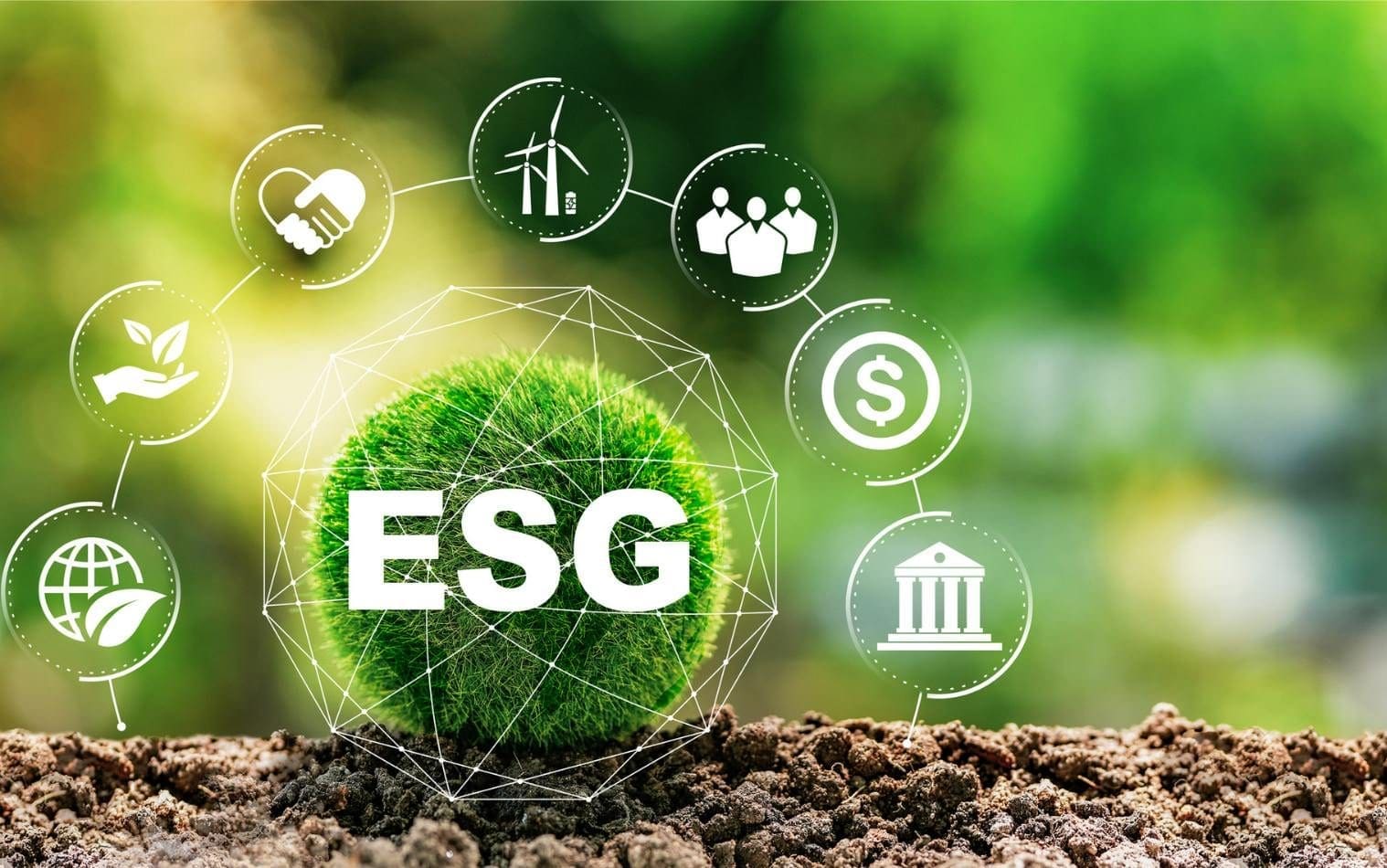The textile industry is undergoing a significant transformation, with sustainability emerging as a top priority. This shift towards sustainable practices is driven by increasing consumer awareness, regulatory pressures, and a growing understanding of the industry’s environmental and social impact.
Environmental Sustainability: Protecting Our Planet
One of the key pillars of sustainability in the textile industry is environmental protection. This involves reducing the industry’s carbon footprint, conserving water resources, and minimising waste.
- Reducing Carbon Emissions: Textile manufacturers are adopting energy-efficient technologies, switching to renewable energy sources, and optimising production processes to reduce greenhouse gas emissions.
- Water Conservation: Sustainable water management practices, such as water recycling and efficient irrigation systems, are being implemented to minimise water consumption.
- Waste Reduction: Efforts are being made to reduce waste generation throughout the textile value chain. This includes minimising packaging materials, adopting circular economy principles, and promoting textile recycling.
Social Sustainability: Empowering People
Social sustainability focuses on the well-being of workers, communities, and consumers. Key social sustainability initiatives in the textile industry include:
- Fair Labor Practices: Ensuring fair wages, safe working conditions, and adherence to labour laws.
- Worker Welfare: Promoting employee health and safety, providing adequate training, and fostering a positive work environment.
- Community Development: Supporting local communities through initiatives such as job creation, skill development, and infrastructure development.
Governance: Ensuring Ethical Business Practices
Strong governance practices are essential for driving sustainable business practices. This involves:
- Transparency and Accountability: Disclosing information about environmental and social performance, supply chain practices, and governance structures.
- Ethical Sourcing: Ensuring that materials are sourced responsibly and ethically.
- Compliance with Regulations: Adhering to environmental, labour, and human rights regulations.
The EU’s Strategy for Sustainable and Circular Textiles
The European Union has taken a leading role in promoting sustainable textile practices. The EU’s strategy focuses on:
- Reducing the Environmental Footprint: Encouraging eco-friendly production processes, sustainable materials, and reduced chemical usage.
- Improving Product Durability and Recyclability: Promoting the design and production of durable and recyclable textiles.
- Eliminating Hazardous Substances: Restricting the use of harmful chemicals in textile production and processing.
- Ensuring Fair Labor Practices: Promoting fair wages, safe working conditions, and social justice throughout the supply chain.
A Sustainable Future for the Textile Industry
By embracing ESG principles, the textile industry can create a more sustainable and equitable future. This involves a collective effort from manufacturers, suppliers, retailers, and consumers to drive positive change. By prioritising environmental protection, social responsibility, and good governance, the textile industry can contribute to a healthier planet and a more just society.

